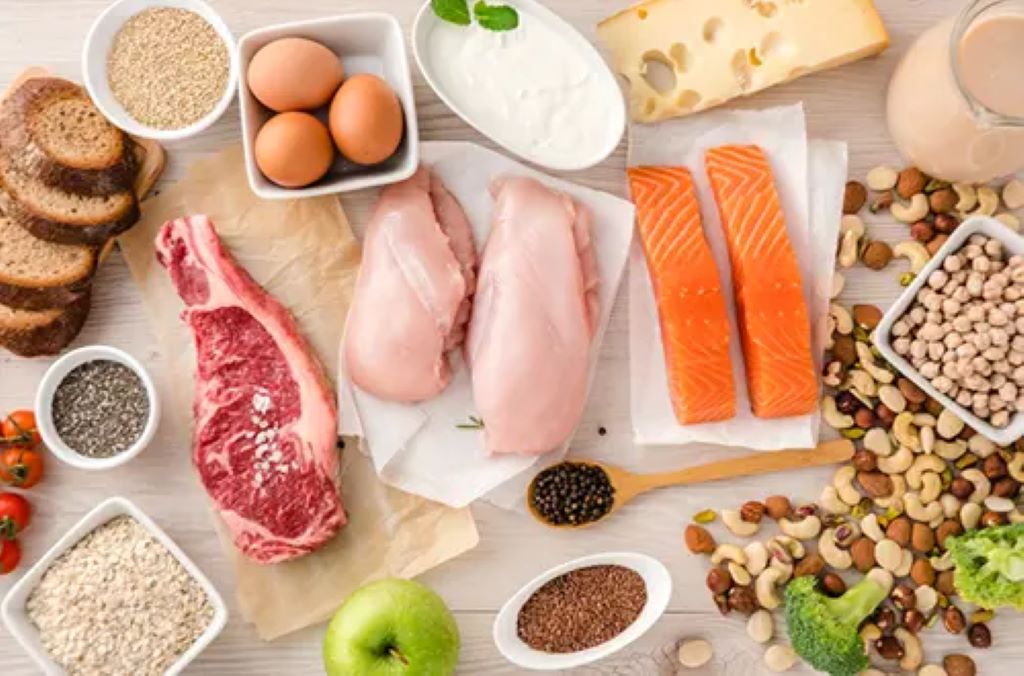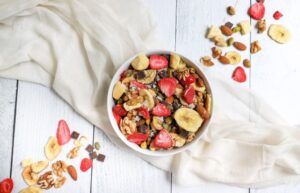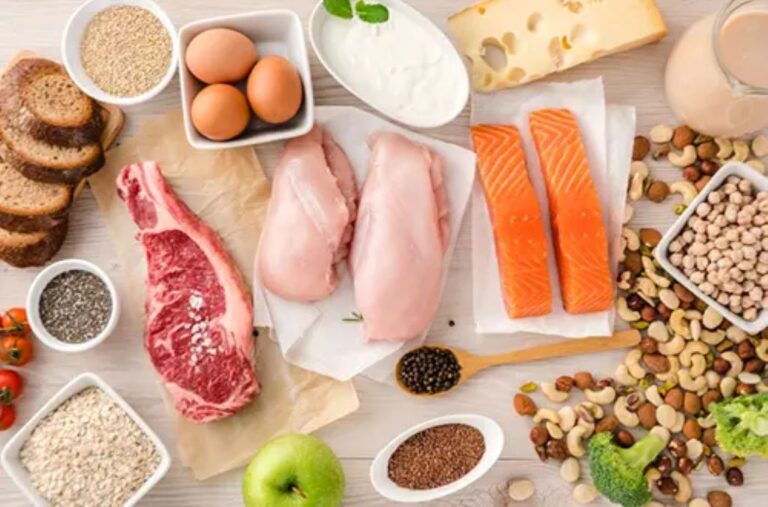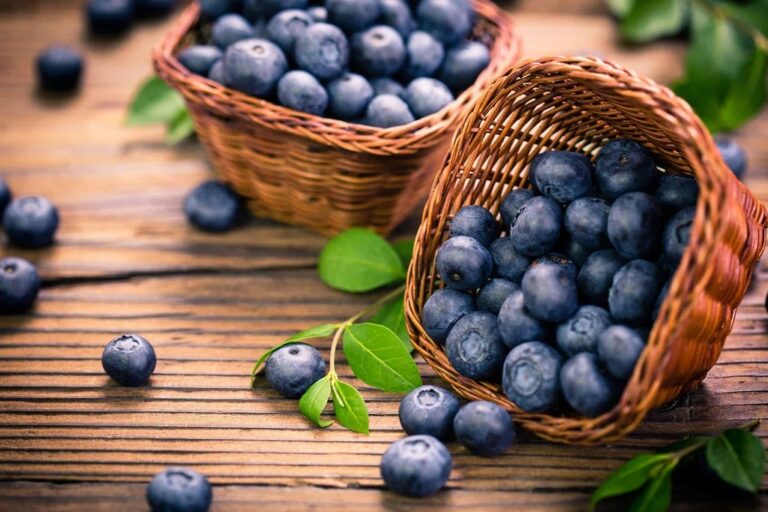You crushed your workout! Now, your stomach’s growling, and you’re wondering what to eat. While reaching for sugary treats might seem tempting, what you choose to refuel with after exercise significantly impacts your recovery and future performance.
The Science Behind the Snack
During exercise, your body breaks down glycogen (stored carbohydrates) for energy and creates microscopic tears in muscle fibers. A strategic post-workout snack can address both of these needs. Here’s the breakdown:
- Protein: Think building blocks! Protein helps repair and rebuild muscle tissue, leading to improved strength and function. Research from the International Society of Sports Nutrition recommends 0.25-0.4 grams of protein per kilogram of body weight within two hours of exercise.
- Carbohydrates: These are your body’s primary fuel source. Replenishing glycogen stores with carbohydrates ensures you have enough energy for your next workout and daily activities. A study published in the Journal of Applied Physiology found that consuming carbohydrates after exercise significantly improved muscle glycogen resynthesis.

Beyond the Basics: The 3:1 Carb-to-Protein Ratio
Many fitness enthusiasts swear by the 3:1 carb-to-protein ratio for post-workout snacks. This translates to roughly 3 grams of carbohydrates for every 1 gram of protein. While this is a great rule of thumb, it’s not a one-size-fits-all approach.
- Consider the intensity and duration of your workout: High-intensity or longer workouts deplete more glycogen stores, so you might need a higher carb intake.
- Listen to your body: Are you feeling extra drained? A slightly higher carb intake might be beneficial.
Delicious Recovery Duos: Go Beyond the Bland
Forget boring protein bars and bland yogurt! Let’s get creative with some tasty and effective snack combinations:
- The Classic with a Twist: Greek yogurt with berries and a sprinkle of granola offers protein, carbs, and healthy fats. Take it up a notch by using flavored yogurt or adding a dollop of nut butter.
- The Savory Sensation: Hard-boiled eggs with whole-wheat crackers and sliced veggies provide a complete protein source, complex carbohydrates, and essential vitamins.
- The Sweet & Speedy: A smoothie made with banana, protein powder, spinach, and almond milk is a quick and delicious way to refuel. Feel free to experiment with different fruits and vegetables!
Pro Tip: Don’t forget hydration! Water is crucial for optimal recovery. Aim to drink throughout the day and replenish fluids lost during exercise.
What Are the Benefits of Phytochemicals in Fruits and Vegetables?
Embrace Recovery as Part of Your Routine
Think of your post-workout snack as an investment in your future workouts. By providing your body with the right nutrients, you’ll be back in the gym feeling stronger and ready to conquer your next challenge. So, ditch the guilt and embrace recovery as an essential part of your fitness journey!
Remember: While this article provides valuable insights, consulting a registered dietitian can help create a personalized post-workout nutrition plan based on your specific goals and needs.













